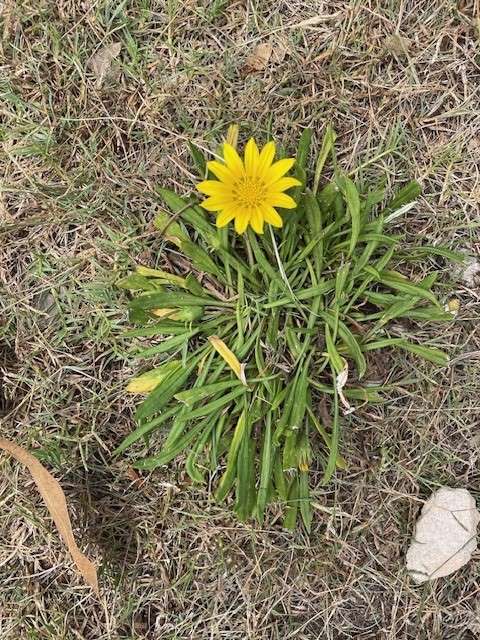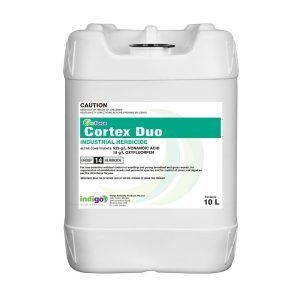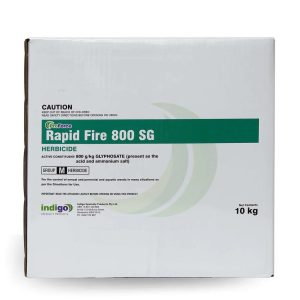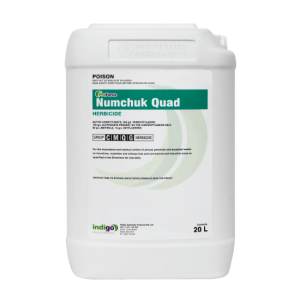
Gazania (Gazania linearis)
Gazania (Gazania linearis) is a member of the Daisy family, and has large clumps of yellow, and orange flowers. These are present from Winter to the early Summer. Gazania weed is drought tolerant, and forms a thick mat, that displaces vegetation.
After you read this you will be able to:
-
Identify Gazania sp.
-
Know its habitat.
-
Know the best control options.
Gazania is an annual in cool climates, and in warmer climates like Sydney, a short-lived perennial. It is an environmental weed in VIC, TAS and SA. In parts of WA and NSW it is an emerging or potential environmental weed.
The images on this page were taken in the Eastern suburbs of Sydney in 2023.
Gazania (Gazania linearis) flowers are light-sensitive, and the flowers close up at night and on cloudy days. This is called nyctinasty. and you can also see this in Morning Glory and Wood Sorrel.
It spreads by short, underground stems, and is very tolerant of frost, drought and saline soils.
More information on weeds is in our Weed ID Chart.
Gazania Identification.
It is a drought-tolerant perennial herb with a system of shallow-rooted rhizomes.Gazania weed has a hairless upper leaf surface, and a woolly white hairy underneath.
Flowers: The flowers are yellow or orange, and are 5 to 9 cm across.
Leaf shape: The leaves of Gazania linearis are lance shaped, and lobed
Leaf edge: The leaves are smooth and not toothed or divided in any way.
Height: Gazania is up to 30 cm tall.
Leaf length: The leaves are thin and 5 to 10 cm long.
Leaf width: The leaves are 3 to 20 mm wide.
Reproduction: Gazania spreads by seed and also vegetatively.
Comments: The leaves are bright green to dark green or silver on top, and very hairy underneath. An average Gazania plant produces large numbers of seeds. The seeds spread by animals, water and human activity.
Habitat: You often see Gazania (Gazania linearis) in disturbed sandy areas such as roadsides and coastal dunes. It prefers open, sunny sites, and is thought to have allelopathic properties.
Gazania weed is often mistaken for Capeweed, Catsear and Sowthistle.
Table Showing the Differences Between Gazania and other Similar Weeds.
Plant | Rosette | Annual or Perennial | Stems | Leaves | Flower Colour | Comments |
Gazania | Yes | Annual | Leafless flower stem | Hairless on the upper surface, woolly white hairy underneath. | Yellow | |
Capeweed | Yes | Annual | Several branched stems with small hollow core | Hairy undersides | Yellow with black centre | |
Dandelion | Yes | Perennial | Single unbranched and hollow. Leafless or have minimal leaves. | Deeply toothed or lobed (point backwards) and emit a milky sap when broken. | Single Yellow flower per stalk, made of many small florets | When the stem or leaves are cut exudes sap. Open up when the sun is out, and then close at night. |
Catsear | Yes | Perennial | Multiple, branched.Leafless or have minimal leaves. | Club shaped and sometimes hairy | Yellow. Made up of numerous tightly packed florets. | Catsear has milky sap in its stems and leaves.Needs sunlight for the flowers to open in the morning. Once open can't close for at least 3 hours. |
Fleabane | Yes | Annual, Biennial or short lived Perennial | Starts as a rosette and then grows tall, upright flower stems. | Elongated with bluntly toothed to deeply lobed margins. | Small tufted white daisy like flowers | |
Oriental Hawksbeard | Yes | Annual | Single leafy, branched main stem. | Hairy and emit a milky sap | Yellow | |
Sowthistle | Yes | Annual | Has branched, hollow stalks | Adult leaves are serrated and deeply lobed with a major triangle-shaped lobe at the tip of the leaf. | Yellow with several flowers per stalk | Open up when the sun is out, and then close at night. |
How to Remove Gazania from your lawn.
Cultural Control of Gazania.
- Hand pull or use a weeding tool to ensure you remove any underground rhizomes with the plant.
- You will need to hand remove Gazania all year round before any seed sets. Cut off the flowerheads if it flowers to reduce seed spreading by the wind. Be aware that the flower heads can still develop into mature flower heads, and produce masses of viable seed.
- It is important to remove all Gazania roots and dispose of them to avoid any regrowth. You should bag off the flower heads, and then remove them off site.
- Mowing is not effective unless you repeat it regularly and mow close to the ground.
Chemical Control of Gazania.
Post Emergent Control.
- Chemical control of Gazania weed is difficult because of its hairy leaves, and its ability to reshoot from root and stem fragments.
- The best time to control this weed is when it is a small seedling. However, once Gazania matures and develops a deep root system control is much more difficult.
- A major issue with chemical control is that Gazania become semi-dormant in the Summer or in periods of drought. At this time Gazania is resistant to the uptake of herbicides, which makes control very difficult.
- The best time to treat Gazania weed is in the Winter and Spring, after rain or irrigation when it grows vigorously.
- It is also best to spray before it flowers, as it tends to harden up once it finishes flowering, and then becomes difficult to treat.
- In areas like Canberra, any frost has a negative impact on success. Frost stresses Gazania weed and so limits chemical uptake.
- MCPA plus Voltage MSO works against Gazania, but you may need repeat treatments.
Non Selective Control of Gazania.
The best time to apply herbicides for Gazania is in Autumn or Spring but you get good results any time the plants are actively growing.
- Permit 13371 (exp.2027) allows the use of Glyphosate. Spray plants until just wet with a mix of 25 mL Glyphosate (800 g/Kg) in 10 L water plus 25 mL of Scrubwet.
- Glyphosate. You can use Rapid Fire 800 but if water quality is an issue then use ProForce Manta Ray.
- For roadside and overall spraying use 200 g/ha of Clopyralid plus 0.25% v/v of a wetting agent like Optispread 1000.
These are non-selective but also have a long term residual and stop any re-growth of Gazania.
- Renegade. Renegade stops germination for up to 12 months. This reduces the need for multiple herbicide applications.
- Numchuk Quad. This gives post and pre-emergent control for up to 12 months.
- Cortex Duo. Cortex Duo gives a quick knockdown of Gazania, and residual control for up to 3 months. It is also safe to use around trees.




